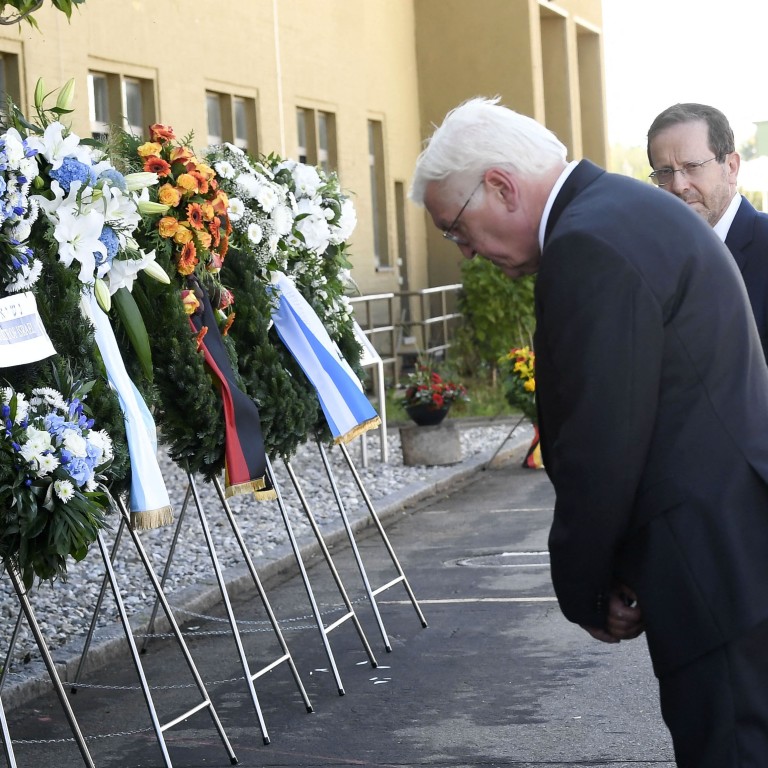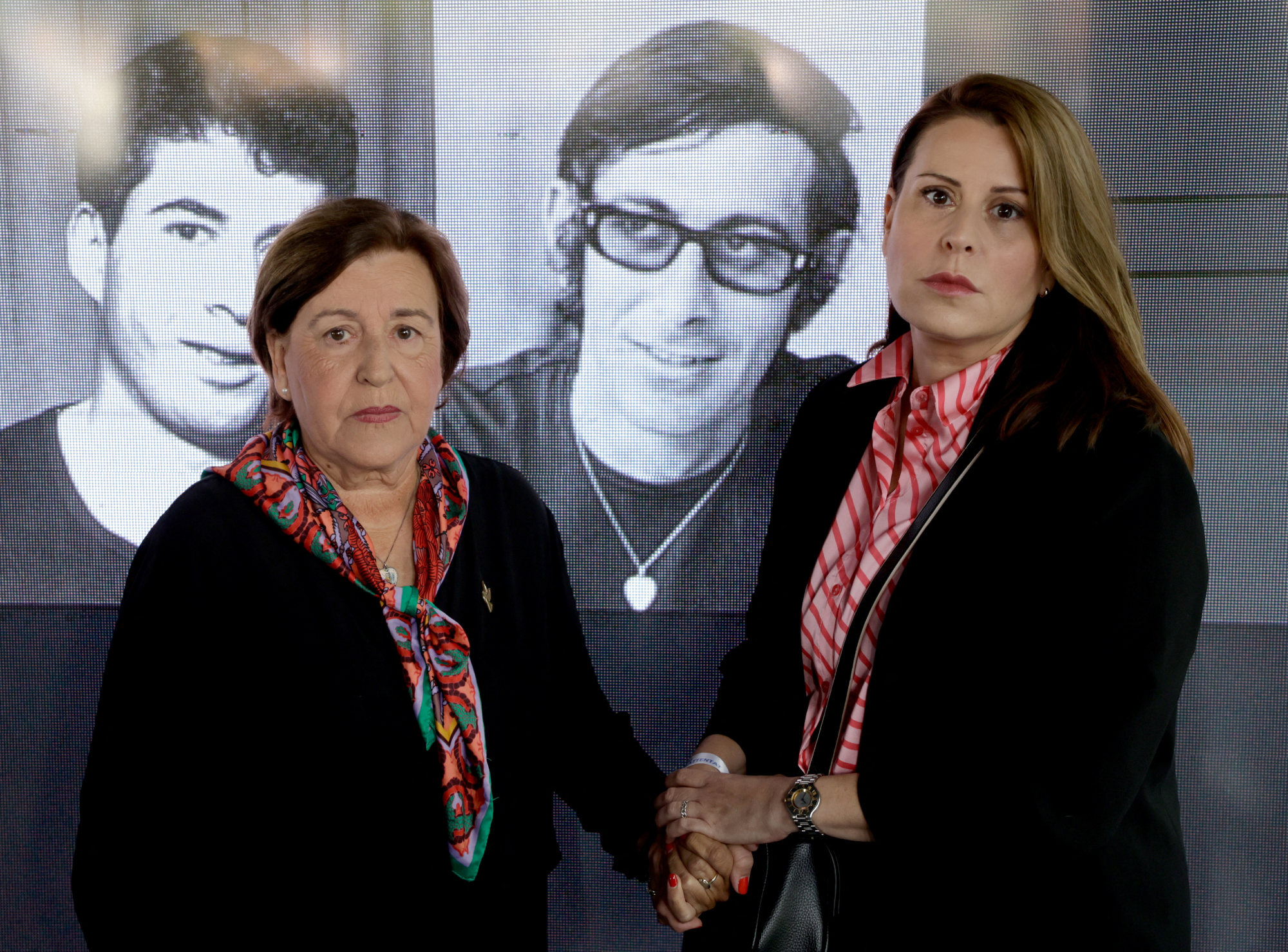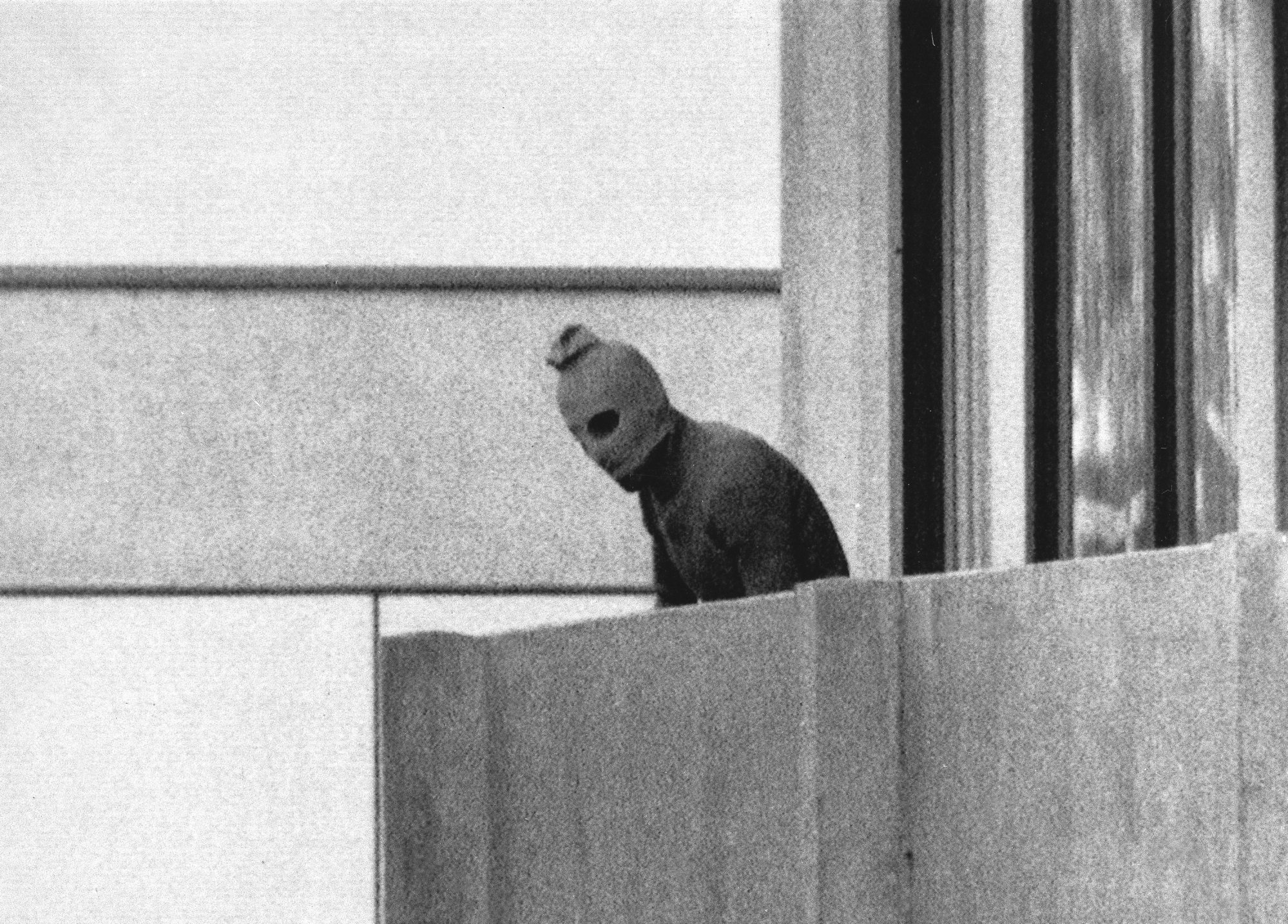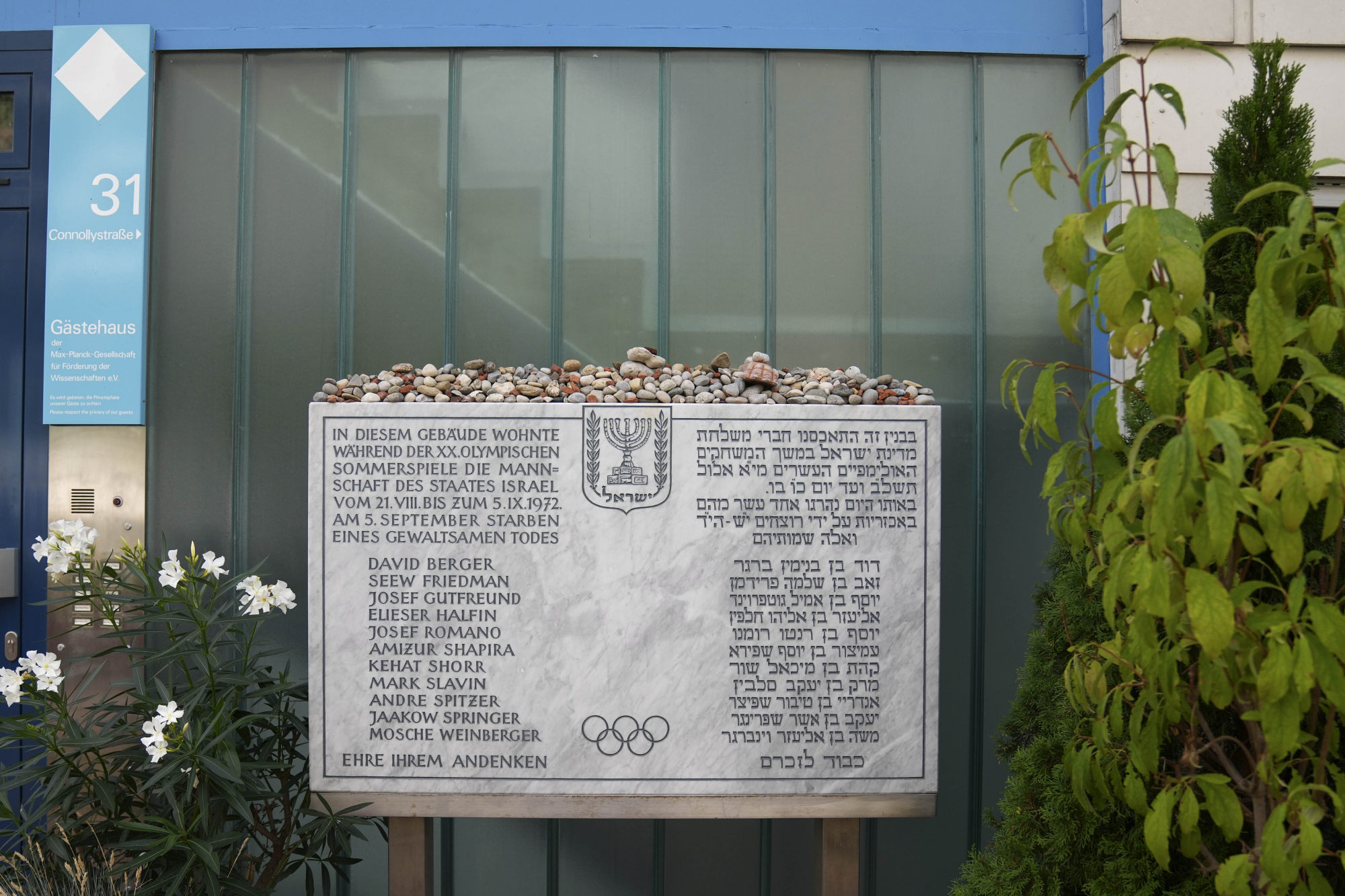
Germany, Israel mark 50 years since Munich Olympics massacre
- It is 50 years since the attack; ceremonies marking the day come amid hopes last week’s compensation deal will help bereaved families to heal
- Deal saw German state acknowledge ‘responsibility’ in failings leading to deaths of 11 Israelis after Palestinian militant group stormed Olympic flat
Germany on Monday sought “forgiveness” from families of victims in the Munich Olympics attack 50 years on, admitting responsibility for a litany of failings that led to the deaths of 11 Israelis.
“As head of state of this country and in the name of the Federal Republic of Germany, I ask you for forgiveness for the lack of protection of the Israeli athletes at the time of the Olympic Games in Munich and for the lack of clarification afterwards, and for the fact that what happened happened,” said President Frank-Walter Steinmeier at a ceremony marking half a century since the attack, addressing relatives of the victims.
Amid the commemorations were hopes that a long-awaited compensation deal for bereaved families will finally help them begin healing from the painful episode.
A row over the financial offer previously made by Berlin to victims’ relatives had threatened to sour the ceremony, with family members planning a boycott.
But a deal was finally agreed last Wednesday for Berlin to provide 28 million euros (US$28 million) in compensation. It also, for the first time, saw the German state acknowledge its “responsibility” in failings that led to the deaths of 11 Israelis.

Steinmeier admitted on Sunday it was “shameful” that it had taken such a long time for Berlin to reach the agreement with victims’ families.
“For far too long, we have refused to acknowledge the pain of the bereaved,” he said at a state banquet for his Israeli counterpart Isaac Herzog.
“And for far too long, we have not wanted to acknowledge that we also bear our share of responsibility. It was up to us to ensure the safety of the Israeli athletes,” he said, on the eve of the commemorations at Fuerstenfeldbruck airbase where the hostage-taking reached its tragic climax.

At a separate ceremony on Monday morning at the Olympic Village where the Israeli team was staying, Munich mayor Dieter Reiter apologised for the “momentous mistakes” made by those responsible for the Games.
“I am sorry for that and I apologise for the fact that after the attack, what would have been demanded by humanity was simply not done – admitting the mistakes and taking responsibility for them.”
On September 5, 1972, eight gunmen of the Palestinian militant group Black September stormed into the Israeli team’s flat at the Olympic Village, shooting dead two and taking nine Israelis hostage.
West German police responded with a bungled rescue operation in which all nine hostages were killed, along with five of the eight hostage-takers and a police officer.

The Games were meant to showcase a new Germany 27 years after the Holocaust but instead opened a deep rift with Israel.
In 2012, Israel released 45 official documents on the killings, including specially declassified material, which lambasted the performance of the German security services.
Included in the reports is an official account from the former Israeli intelligence head Zvi Zamir who said the German police “didn’t make even a minimal effort to save human lives”.
Bereaved relatives have over the years battled to obtain an official apology from Germany, access to official documents and appropriate compensation beyond an initial 4.5 million euros.
Why Afghanistan’s terrorism problem is bad for China – and Pakistan too
As recently as just two weeks ago, relatives of the victims said they were offered 10 million euros, including the sum that had already been given.
Ankie Spitzer, whose husband Andre Spitzer was killed in the hostage-taking, had called the previous offer “insulting”.
“I came home with the coffins after the massacre,” she said. “You don’t know what we’ve gone through for the past 50 years.”
Herzog underlined the pain faced by the grieving relatives, saying they simply “hit a wall” whenever they tried to raise the issue with Germany or even with the International Olympic Committee.
Climate change aggravates conflict and terrorism: UN chief
“I think there was tragic suppression here,” he said, noting the litany of failings that were “inhuman and incomprehensible” such as “the fact that the hostages were being led to slaughter and the Games went on”.
After an initial suspension, then-IOC president Avery Brundage had declared that “the Games must go on”.
Herzog voiced hope that the agreement would bring “this painful episode to a place of healing”.
“I hope that from now on, we shall continue to remember, invoke, and most importantly reaffirm the lessons of this tragedy, including the importance of fighting terror, for future generations,” said the Israeli president.

.png?itok=arIb17P0)